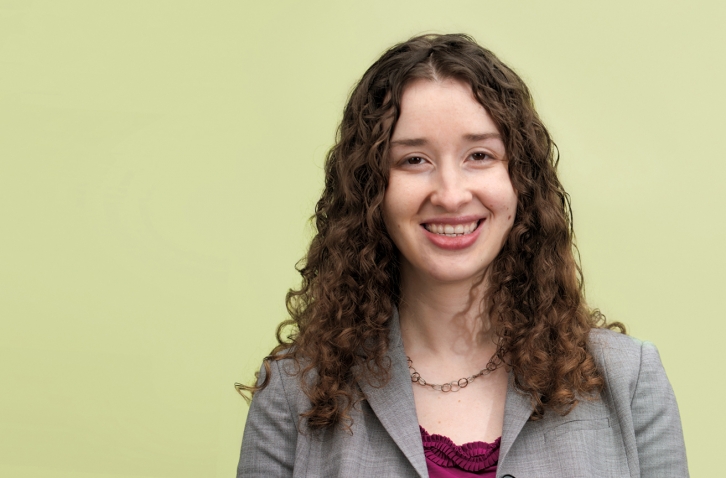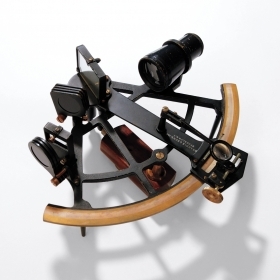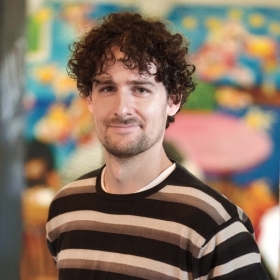In June 2013, Cassandra Pattanayak arrived on campus to launch a new initiative. Her position: Jack and Sandra Polk Guthman ’65 Director of Wellesley’s new Quantitative Analysis Institute (QAI). Her mission: To expand the role of statistics at Wellesley.
Pattanayak was teaching at Harvard when the opportunity appeared. “I was really excited about this job,” she says. “The QAI was created because of a sense among the faculty that they needed a statistician to work with—someone to collaborate with or consult with who knew the latest in statistics. At the same time, there was a sense that the courses that include statistics could be expanded at the College. The idea was, let’s create some sort of structure to see if we can improve in both those ways.”
She hit the ground running. In her first year at the College, Pattanayak—who earned her Ph.D. in statistics at Harvard—provided some 200 hours of consulting for 76 faculty and student research projects. Her subject areas included biology, chemistry, cognitive and linguistic sciences, computer science, economics, engineering, environmental studies, history, neuroscience, political science, psychology, religion, sociology, and women’s and gender studies. She also collaborated with several faculty members on research projects and provided teaching support to eight departments—and that doesn’t include teaching two regular courses and a summer course.
“I’ll have days where I’m scheduled for a few back-to-back meetings, and the first one is about injecting something into rat brains, and the second one is about nursery-school kids, and the third one is completely different,” she says.
Pattanayak says the QAI student interns she worked with helped her expand her consulting reach. Sophie Sun ’14, for example, was a senior math and economics major who heard there was a statistician on campus. She appeared at Pattanayak’s office in a corner of Clapp Library and asked, “What can I do?” Pattanayak suggested options such as a statistics research project or an independent study on something not offered at Wellesley. “Or, she could just hang out and watch me try to develop a consulting service, I said. And she chose the third option.”
“I worked on about 15 projects in total,” says Sun, who is now a research assistant in the National Bureau of Economic Research at MIT. “Some of the them were traditional science experiments where we would think that stats are involved, but half were social-science projects where we don’t necessarily think numbers are involved. We would listen to their problems and try to find the right statistical tools and help with the implementation.”








We ask that those who engage in Wellesley magazine's online community act with honesty, integrity, and respect. (Remember the honor code, alums?) We reserve the right to remove comments by impersonators or comments that are not civil and relevant to the subject at hand. By posting here, you are permitting Wellesley magazine to edit and republish your comment in all media. Please remember that all posts are public.